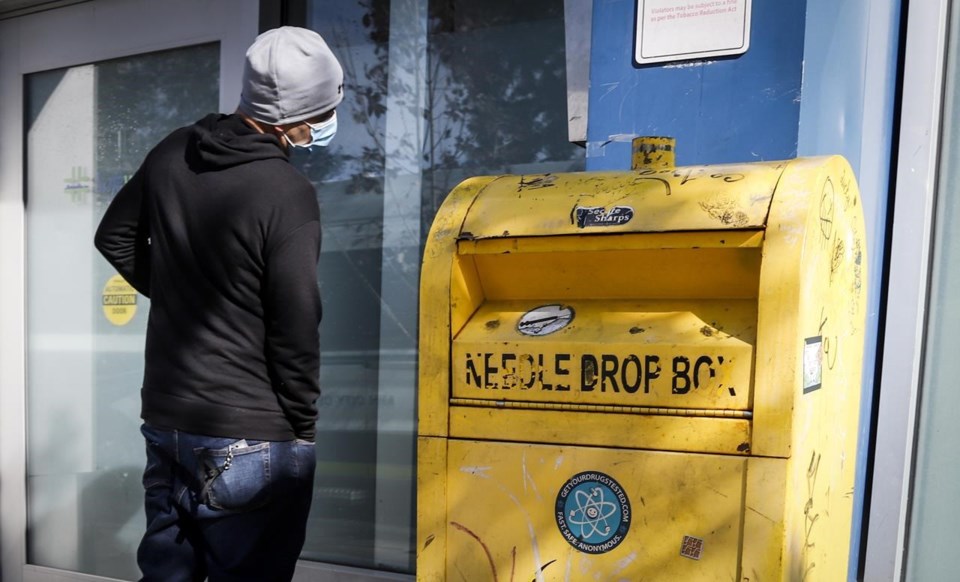CALGARY — Alberta's public health agency is alerting the public about a spike in opioid-related emergency medical calls in the province's two major cities.
From Nov. 29 to Dec. 5, emergency medical services responded to 140 opioid-related calls in Edmonton and 85 in Calgary.
Alberta Health Services said that is "higher-than-average" and notes it is working with local agencies to understand the circumstances and what immediate supports are needed.
Over the last month, AHS said EMS responded to between 57 and 112 calls a week in Edmonton and between 44 and 58 in Calgary.
AHS is urging anyone who uses drugs to not use alone, have naloxone on hand, and to access available supports, such as supervised drug-use sites, in their area.
When asked what immediate supports will be made available to people actively using drugs, Premier Jason Kenney pointed to a newly announced special government committee to review safe supply programs.
These programs provide legal and regulated drugs as an alternative to street substances.
"I personally think this is a very dangerous approach to further deepen and facilitate deadly addictions," Kenney said Wednesday after touting recovery-focused programs in the province.
"We believe it's critical that folks struggling with addiction know that there is a way out."
That same day, Mike Ellis, Alberta's associate minister of mental health and addictions, encouraged people who are using drugs alone to download the made-in-Alberta Digital Overdose Response Service mobile application.
The app alerts emergency responders if a person using substances becomes unresponsive to a pre-set timer. Critics have raised concerns about the app's effectiveness and security, as limited details have been released about its usage.
Ellis also announced Wednesday that Alberta is fully funding an injectable opioid treatment, called Sublocade, for residents through government-sponsored health benefit plans and the gap coverage program.
The drug stays in an individual's system for 30 days and helps to reduce cravings and provide stabilization from illicit drugs. Most other opioid agonist treatments require people to take medications daily.
Sublocade, which is an injection, will be dispensed through Alberta's virtual opioid dependency program.
Dr. Nathanial Day, medical director of the program, said if people are able to enter recovery-focused programs, strain on the health-care system and emergency services can decrease.
"That's something we see in our program — less emergency visits, less hospitalizations," he said. "We also see less involvement with the criminal justice system, which saves time and money."
Day said anyone using street drugs should be aware there is a high likelihood they are being exposed to highly toxic opioids such as fentanyl and carfentanil.
"The best hope that we have, in my opinion, is that we get people started on safe, effective treatment medications that will actually eliminate the risk or reduce it substantially at having an overdose at dying," he said.
Alberta is on track to having its deadliest year on record for drug poisoning deaths with more than 1,000 fatalities between January and August this year.
This report by The Canadian Press was first published Dec. 8, 2021.
Alanna Smith, The Canadian Press



